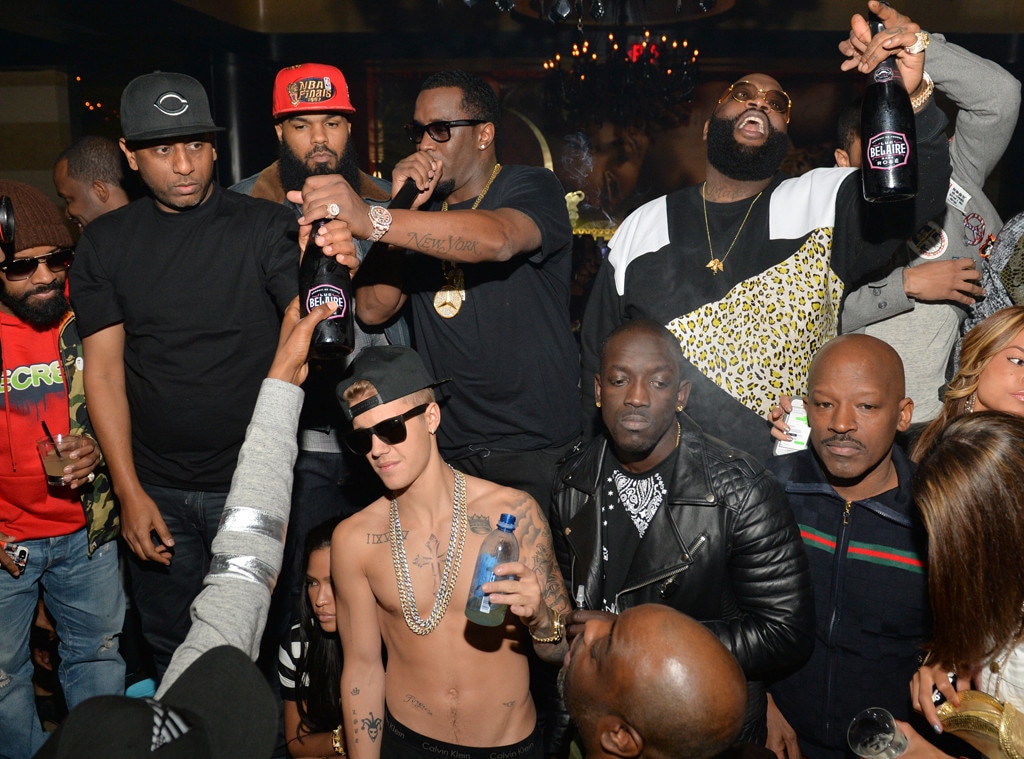The world of celebrity often intertwines with personal failure, and the recent downfall of Pastor Carl Lentz serves as a compelling case study. Hillsong Church, a globally recognized institution known for its celebrity following, announced Lentz’s termination on November 4, 2020, citing leadership issues and moral failures. This shocking revelation not only rocked the church community but also sent ripples through the celebrity sphere, particularly due to Lentz’s close association with pop star Justin Bieber.
Lentz took to Instagram to address his dismissal, admitting, “I was unfaithful in my marriage, the most important relationship in my life.” He emphasized that the responsibility lay solely with him, initiating a journey to rebuild trust with his wife and children. Despite the scandal, the depth of Lentz’s friendship with Bieber, which had previously transformed both their public images, became a focal point of speculation. While Bieber maintained his follow of Lentz on social media, Hailey Baldwin reportedly unfollowed him, leading to questions about the future of these relationships.

Hillsong Church, founded in Sydney in 1983, has expanded to 19 countries, attracting nearly 112,000 attendees each week. Its blend of contemporary worship and celebrity culture has often been criticized for prioritizing glamour over genuine spiritual outreach. Co-founder Brian Houston remains at the helm, actively promoting the church despite ongoing controversies, including allegations of financial misconduct and a failure to address past abuses within its ranks.
Music has played a pivotal role in Hillsong’s outreach, with Hillsong Music Australia producing numerous chart-topping albums. Houston’s philosophy emphasizes that celebrities deserve a space to connect with God, a sentiment that underscores the church’s appeal to influential figures. However, this focus has also drawn criticism, particularly in light of accusations regarding the church’s stance on LGBTQ+ issues and the lack of transparency in its operations.
Lentz, who once described his mission as showing individuals how to walk with Jesus, faced backlash for purportedly manipulating his relationship with Bieber. As Bieber distanced himself from certain celebrity friends in favor of his newfound faith, the bond between him and Lentz deepened, culminating in Lentz officiating Bieber’s wedding. This close friendship has raised eyebrows, especially considering Lentz’s recent scandal and the implications it may have on Bieber’s public image.

Furthermore, the relationship dynamics at play extended beyond just Lentz and Bieber. Speculations about Lentz’s influence over Bieber have persisted, with suggestions that he may have leveraged his pastoral position for personal gain. This has led to discussions about power dynamics within faith communities and how they can lead to exploitative relationships, especially involving younger individuals seeking guidance.
Amidst the fallout from Lentz’s actions, the church has grappled with its reputation. Hillsong’s openness to celebrities has often been viewed through a lens of skepticism, particularly regarding its approach to controversial issues like gay conversion therapy. The church’s failure to adequately address past abuses has prompted questions about its commitment to transparency and genuine faith outreach.
The complexities of celebrity culture are further highlighted by the public’s reaction to Lentz’s downfall. While some view it as a cautionary tale about the perils of fame and influence, others see it as indicative of deeper issues within the church community. The connections between high-profile figures like Diddy and the Kardashians only add layers to the narrative, suggesting that celebrity culture and personal ethics often clash in dramatic fashion.
Kim Kardashian’s decision to unfollow Diddy just before a raid on his property has sparked rumors of a potential scandal involving her as well. This raises further questions about the intertwining lives of celebrities and their past connections, hinting at a world where personal secrets could jeopardize public personas.
In conclusion, the rise and fall of Carl Lentz encapsulates the intricate relationship between celebrity, faith, and personal accountability. As Hillsong Church continues to navigate its path in a changing cultural landscape, the need for transparency and ethical leadership becomes increasingly paramount. The lessons learned from Lentz’s story serve as a reminder that even those in positions of influence are not immune to failure, and that the journey toward redemption is often fraught with challenges. As society watches these narratives unfold, it prompts a broader conversation about the responsibilities that come with both faith and fame.